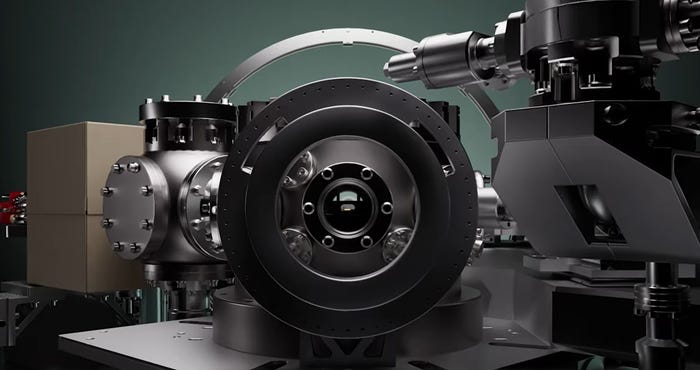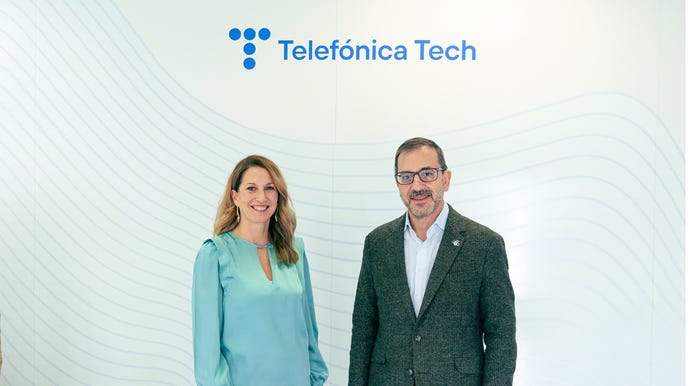
Connects decision-makers and solutions creators to what's next in quantum computing
Nvidia, Google Quantum AI Team for Processor DesignNvidia, Google Quantum AI Team for Processor Design
AI-powered simulations aim to tackle noise challenges in quantum hardware design

Nvidia is supporting Google Quantum AI to carry out simulations for its next generation of quantum computers.
The partners plan to use Nvidia’s Eos supercomputer and CUDA-Q platform for hybrid quantum-classical computing to simulate the physics of quantum processors.
The intention is to address noise in quantum hardware—the interference that limits the number of quantum operations that can be performed before it stops working. This would overcome one of the hurdles to commercial quantum computing.
“The development of commercially useful quantum computers is only possible if we can scale up quantum hardware while keeping noise in check,” said Google Quantum AI research scientist Guifre Vidal.
“Using Nvidia accelerated computing, we’re exploring the noise implications of increasingly larger quantum chip designs.”
The researchers intend to carry out dynamic simulations of how qubits within a quantum processor interact with their environment using the Nvidia Eos supercomputer that boasts 1,024 Nvidia H100 Tensor Core GPUs.
This would significantly reduce the computational cost traditionally associated with situations of this size and complexity.
“AI supercomputing power will be helpful to quantum computing’s success,” said Nvidia director of quantum and HPC Tim Costa.
“Google’s use of the CUDA-Q platform demonstrates the central role GPU-accelerated simulations have in advancing quantum computing to help solve real-world problems.”
The combination of CUDA-Q and the Eos supercomputer will enable realistic simulations of quantum processors containing 40 qubits in minutes that would have previously taken weeks.
Nvidia and Google Quantum AI intend to make the software they use for these accelerated dynamic simulations publicly available in the CUDA-Q platform to enable other quantum hardware engineers to simulate and design systems.
About the Author
You May Also Like






